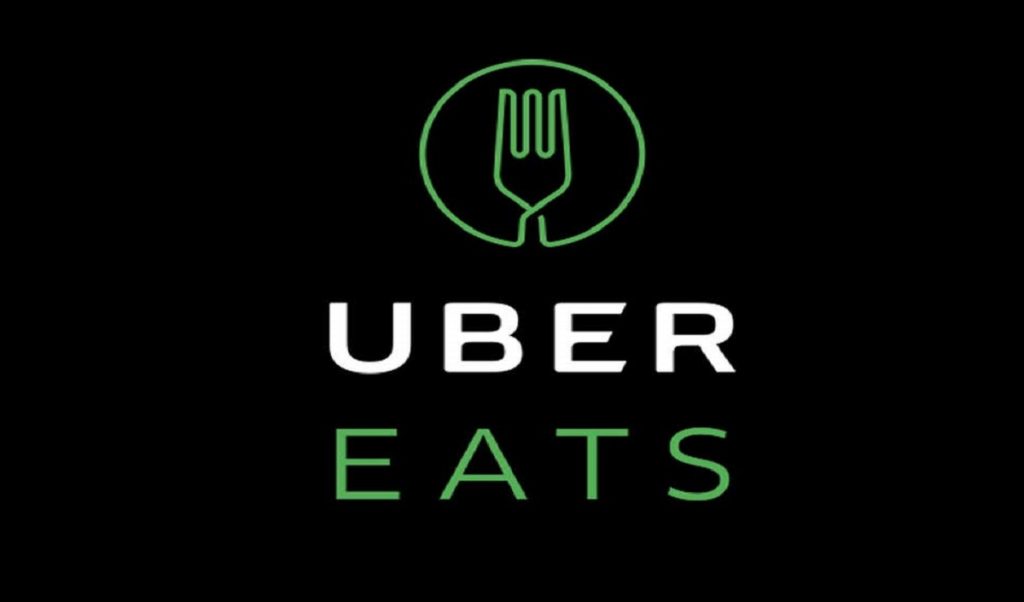As the excitement builds for Super Bowl Sunday, one commercial from Uber Eats has stirred controversy and faced backlash over its portrayal of a peanut allergy in a comedic light. The 60-second ad, which premiered on February 6th, took a humorous approach to forgetfulness but crossed a line when it depicted a man experiencing an allergic reaction after consuming peanut butter.
The commercial, featuring notable figures like David Schwimmer, Jennifer Aniston, David and Victoria Beckham, and Usher, garnered attention for its comedic portrayal of forgetful moments. However, one scene, showing a man with hives and a swollen eye due to a peanut allergy, sparked outrage among viewers and advocacy groups.
The not-for-profit organization Food Allergy Research & Education (FARE) condemned Uber Eats for trivializing a life-threatening condition. In a statement, FARE expressed disappointment and emphasized that food allergies are not a laughing matter, affecting over 33 million Americans. The portrayal of an allergic reaction as a comedic gag was deemed insensitive and harmful.
READ MORE: Kanye West and Ty Dolla $ign Unveil Highly Anticipated ‘Vultures 1’ Album Trilogy
Following the backlash, Dr. Sung Poblete, CEO of FARE, engaged in discussions with Uber, leading to a resolution. Uber agreed to remove the controversial scene from the ad, recognizing the need to address the concerns raised by the public and advocacy groups. Dr. Poblete announced the decision, acknowledging Uber’s commitment to making the necessary edits to the commercial before its wide release during the Super Bowl.
The swift response from Uber demonstrates a willingness to listen to feedback and take appropriate action to rectify the situation. By removing the peanut allergy bit from the commercial, Uber aims to ensure that its advertising aligns with societal expectations of sensitivity and inclusivity, particularly regarding health-related issues.
Despite the controversy surrounding the ad, Uber Eats remains a prominent player in the food delivery industry, leveraging its platform to provide convenient and accessible services to customers worldwide. As Super Bowl Sunday approaches, the focus shifts from the ad’s misstep to the anticipation of the big game and the festivities it entails.
In conclusion, Uber Eats’ decision to delete the peanut allergy bit from its Super Bowl ad reflects a responsible approach to addressing criticism and upholding respect for individuals with food allergies. While the controversy serves as a reminder of the importance of thoughtful representation in advertising, it also highlights the power of constructive dialogue in driving positive change. As viewers tune in to the Super Bowl, they can expect a commercial experience that prioritizes inclusivity and sensitivity to diverse audiences.
